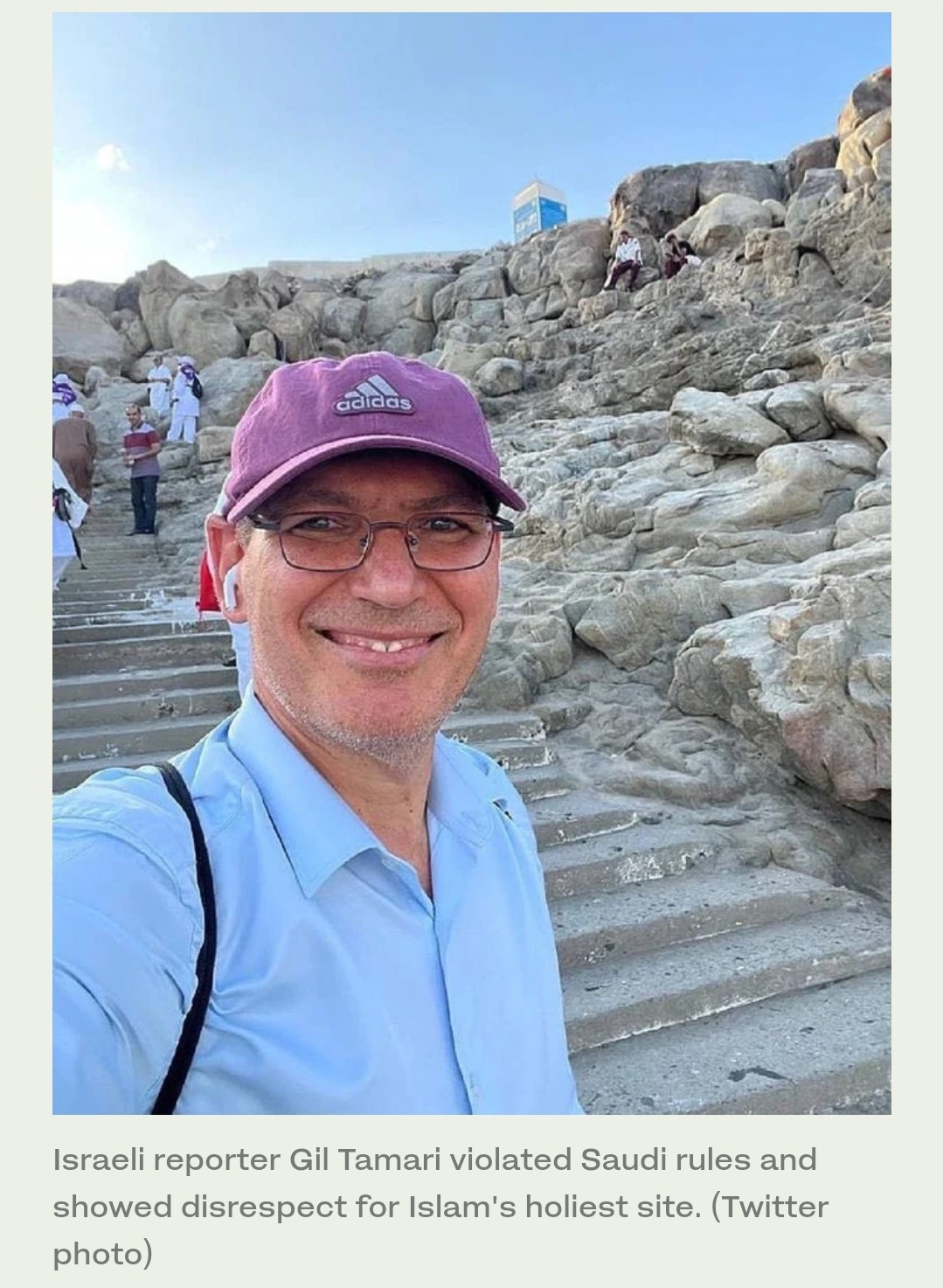
When an Israeli journalist surreptitiously entered Makkah recently, he violated more than just Saudi rules. It was an infringement of religious ritual and tradition and the responsibility required of everyone during this delicate period of Arab-Israeli rapprochement.
Driving past and even filming outside the Grand Mosque without permission, the journalist was disrespectful of the holiest site in Islam. Much may seem possible in these heady days of new Middle East possibility. But even normalization, when it occurs, should be a process of understanding and mutual respect, not cultural conquest.
Without hesitation, Israelis swiftly condemned the visit and the airing of the footage as an insensitive and self-defeating publicity stunt.
We can all learn from this incident. For even as we break down barriers and eliminate ancient hatreds in the Middle East — including anti-Semitism and Islamophobia — everyone must act with restraint and respect. The recent momentum around regional cohesion is exciting. But the only path to true normalization is through hearts and minds.
While the journalist in question stated his goal was to “foster more religious tolerance” and “raise awareness,” as someone who has been building interfaith bridges of tolerance for decades, I can assure you this is not the way to establish trust.
You make gains gradually, not by forcing adaptations from the other side by crossing lines. Especially as a guest, you must make accommodations yourself in the hope of inspiring the same in return. The concept of reciprocity and variations of the “golden rule” are a common thread found at the core of all monotheistic world religions.
We Jews also expect adherence and humility from visitors at our holy sites. I am sure the journalist would be horrified if a visitor of any faith or nationality behaved disrespectfully at any of our sanctuaries.
“The recent momentum around regional cohesion is exciting, but the only path to true normalization is through hearts and minds” – Rabbi Marc Schneier
Mutual understanding and mutual respect mean accepting the desired boundaries of different traditions. In the Hebrew Bible, Moses identifies prophets from outside the Israeli community — a sign of embrace and honor of those beyond Judaism. We believe God has unique and different relationships with many peoples.
Twelfth-century Yemeni Jewish scholar Natan’el Al-Fayyumi said: “God sends a prophet to every people according to their own language.”
All should follow these mantras of coexistence. They are even more important in the context of a new yet fragile relationship that offers the promise of ending generations of distrust and misunderstanding. Gulf nations have gone to great lengths to ensure this generation of Arabs will grow up free of prejudice and propaganda about Israelis and Jews. We should honor these advances by being on our best behavior when visiting Arab countries.
Breaking traditions for the sake of a media scoop does not advance the new Middle East we all want to see created — a place of mutual respect, cooperation, stability and security. Provocations for publicity are not part of the equation for how such a space gets constructed.
Fortunately, this was a one-off incident. The vast majority of Jews and Muslims understand the magnitude of the moment and do not want to cause any offense that might jeopardize the positive trajectory of the region. Such consensus manifested itself in the widespread condemnation that occurred.
It is hard to make such an episode a positive one, but if we learn from what happened, ask forgiveness and move forward with greater consideration, maybe we can find a silver lining. We can all redouble efforts to foster mutual understanding, a better awareness of one another and the true respect that rapprochement requires. Israel and the Gulf countries are now becoming friends and each will honor the respect they earn from the other. And each will return the kindness many times over.
Rabbi Marc Schneier is president of the Foundation for Ethnic Understanding and a noted adviser to many Gulf states.
Copyright © 2025 Foundation For Ethnic Understanding. All rights reserved. | Privacy Policy